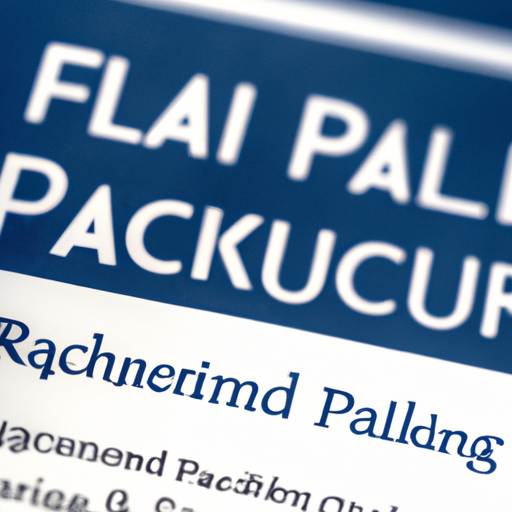Chargeback fraud is a growing concern for online merchants, causing substantial financial losses. However, PayPal, one of the world’s leading online payment platforms, is taking a proactive approach to combat this problem head-on.
What is chargeback fraud?
Chargeback fraud occurs when a customer makes a purchase online using their credit or debit card and later disputes the charge with their financial institution. This can happen due to various reasons, such as unauthorized transactions, goods not received, or dissatisfaction with the product/service.
While chargebacks exist to protect consumers from fraudulent merchants, they can be easily abused by some individuals looking for a free product or service. Merchants are then burdened with the responsibility of investigating and resolving these chargebacks, often resulting in lost revenue and additional costs.
How PayPal is combating chargeback fraud
Recognizing the impact of chargeback fraud on its users, PayPal has implemented several measures to protect both merchants and consumers. These efforts aim to reduce the occurrence of illegitimate chargebacks and provide a fairer resolution process:
- The Seller Protection Program: PayPal offers a comprehensive seller protection program that safeguards eligible merchants against chargebacks arising from unauthorized transactions or items not received. This initiative provides financial reimbursement to merchants who meet the program’s requirements.
- Robust fraud detection and prevention: PayPal utilizes advanced machine learning algorithms and real-time data analytics to identify potentially fraudulent transactions. By analyzing various data points, such as transaction history, device fingerprinting, and IP geolocation, PayPal can differentiate between genuine and malicious chargeback claims.
- Evidence submission: To counter false claims, PayPal allows sellers to submit compelling evidence in response to chargebacks. This evidence may include order details, communication with the buyer, and delivery confirmation. By empowering merchants to present their side of the story, PayPal ensures a fairer decision-making process.
- Dispute resolution: PayPal acts as a mediator in chargeback disputes, aiming to resolve conflicts through open dialogue and negotiation. The platform encourages communication between buyers and sellers to reach an agreeable solution before escalating the dispute.
The benefits for merchants and consumers
PayPal’s proactive approach in tackling chargeback fraud brings several benefits to both merchants and consumers:
- Reduced financial losses for merchants: By providing reimbursement through the Seller Protection Program, PayPal helps merchants recover lost revenue from illegitimate chargebacks.
- Enhanced security for consumers: PayPal’s fraud prevention measures ensure safer online transactions for buyers, reducing the risk of unauthorized charges or identity theft.
- A fair resolution process: By allowing evidence submission and facilitating communication, PayPal ensures that chargeback disputes are resolved fairly, benefiting both parties involved.
Conclusion
Chargeback fraud is a persistent challenge in the e-commerce industry, but PayPal’s commitment to combatting this problem head-on is commendable. By offering proactive seller protection, robust fraud detection, evidence submission, and effective dispute resolution, PayPal aims to create a secure and fair online payment ecosystem for merchants and consumers alike, making chargeback fraud a thing of the past.
